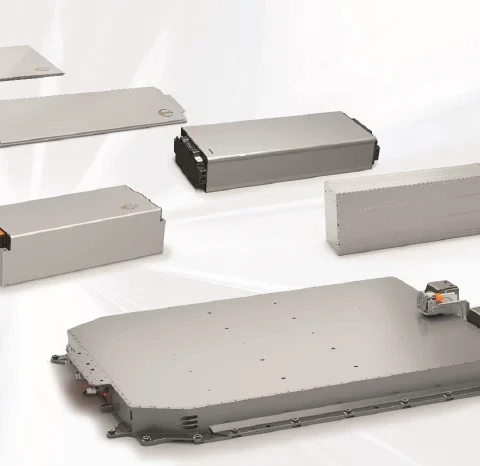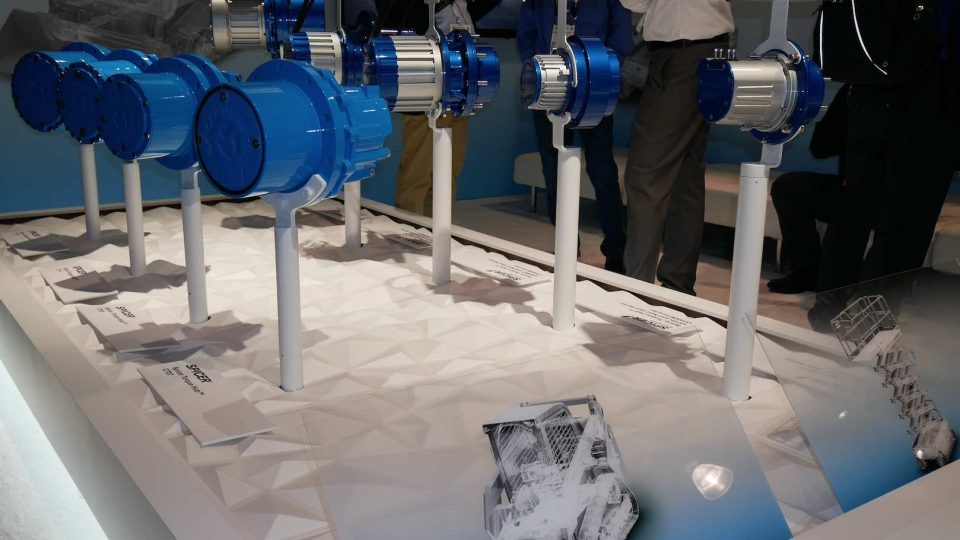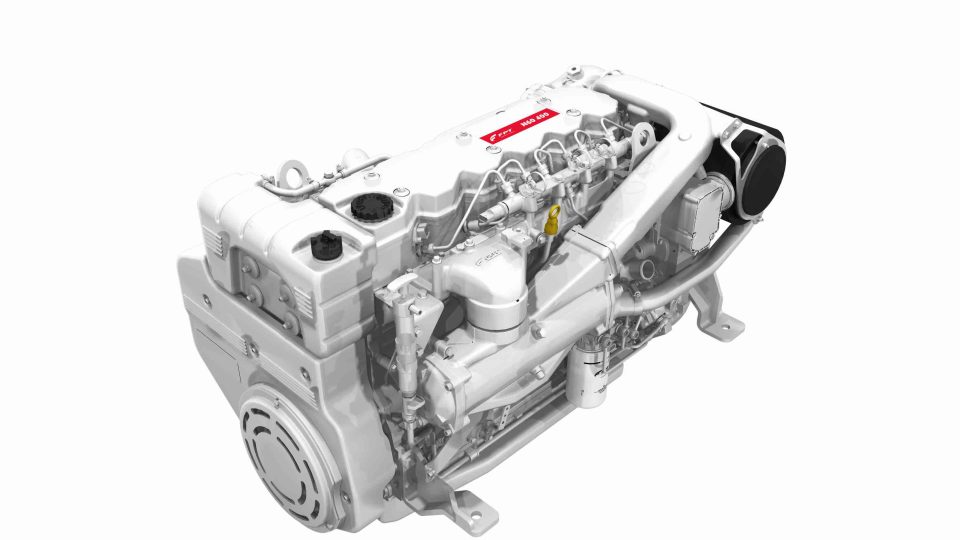The Battery Show Europe 2023: Farasis Energy presents innovative battery technology
Farasis Energy, a developer and manufacturer of high-performance battery technology as well as pouch cells, presents its innovative solutions for the automotive and non-automotive sectors at the Battery Show Europe in Stuttgart.

Farasis Energy is presenting its innovative battery solutions for various applications at this year’s Battery Show in Stuttgart, taking place from May 23rd to 25th. In the automotive sector, Farasis Energy’s high-performance battery technology impresses with its long range and fast-charging capability. With an energy density of 330 Wh/ kg, a range of around 1,000 kilometres can be achieved. Customers who place more value on fast-charging capability benefit from a battery with an adapted cell design. This may have an impact on the energy density but enables the battery to be charged from 10 to 80 per cent in just 15 minutes in fast-charge mode.
In addition, the leading developer will present further battery solutions for the non-automotive sector. The focus here is on the areas of material handling and non-road mechanical machinery.
Keith Kepler, CTO and co-founder of Farasis Energy: “Electromobility has developed rapidly in recent years and Farasis is making an important contribution to the transformation with its innovative battery technology. We are facing up to the challenges of today and look forward to presenting our innovations to the international trade audience.”
Stefan Bergold, General Manager at Farasis Energy Europe: “The global battery market is growing and so are the demands of customers. With our comprehensive portfolio of battery solutions – from market-leading battery cells to modules and battery packs – we are well positioned to meet future requirements. Our engineering team also supports customers with the relevant know-how and enables customization.”
All-rounder in material transport
In the field of material transport, it is particularly important to adapt the battery flexibly to customer requirements; the demands on the electrification of vehicles are also high. The powerful Atlas module from Farasis Energy meets these requirements: the optimal use of space enables outputs of 10.4 kWh up to 272 kWh as well as high outputs in short intervals, such as when lifting heavy loads and when recovering energy during the forks’ descent. Further advantages are the long range and fast charging of the batteries as well as the use for indoor and outdoor applications. Regardless of environmental influences such as rain, heat or uneven surfaces, the module maintains constant power. At the heart of the Atlas module is Farasis Energy’s next-generation NMC cell chemistry, which ensures the highest safety and performance standards as well as a long service life.
Trends and developments
With more than twenty years of experience in research and development and with over 150 patents, Farasis Energy is pioneering the future of electric mobility. Part of this highly innovative team is Gareth Hackett, Business Development Manager. On May 23rd, Hackett spoke on the trends and developments in battery performance: “The market around battery technology is developing rapidly and also has a lot of potential in the near future to lay important foundations for the energy transition. Our goal is to actively shape the future with our innovations and create the necessary key technologies.”










